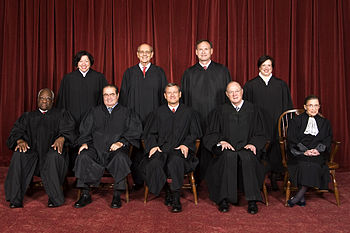The new book “Determined: A Science of Life Without Free Will,” is noted by behavioral scientist Robert Sapolsky’s highly anticipated follow-up to “Behave: The Biology of Humans at our Best and Worst,” published in 2017.
“Determined” read as a popularization of human behavioral science and neuroendocrinology by one of the world’s leading experts, is exciting, cutting-edge and insightful. Reading it that way, though, could only be described as misreading, because it is also Sapolsky’s most direct contribution to ongoing debates about free will in academia and public discourse. Sapolsky has been known for skepticism about free will for several years, but sadly, those familiar with free will debates will be disappointed by that aspect of “Determined.”
Sapolsky takes the position—called “incompatibilism”—that determinism excludes any kind of free will and responsibility. Incompatibilism’s major competitor, compatibilism, holds that there are good reasons to think that free will and responsibility exist even in a deterministic universe. The compatibilist takes it as given that determinism is correct. But they insist that it is compatible with free will. Sapolsky is dismissive toward compatibilism, and the main argument in “Determined” targets the “principle of alternative possibilities,” the idea that someone can only be considered responsible for an action if it was possible for them to have acted differently (i.e., it was wrong for Maurice to hit Pablo, because they would have solved the dispute differently).
This probably strikes many readers as a plausible way to refute compatibilism. However, subtle compatibilists like the late Harry Frankfurt also disagree with the principle of alternative possibilities. For Frankfurt, the possibility of acting differently is unnecessary baggage in discussions of responsibility: Maurice can be responsible for hitting Pablo even if, had they chosen to talk it out instead, Sue would have coerced Maurice into hitting Pablo.
This isn’t the place for a literature review on these so-called “Frankfurt cases,” but philosophers agree that it is at least plausible that Frankfurt was right about this. Skirting this whole discussion, Sapolsky dedicates one footnote to Frankfurt and calls his position “more than a bit of sophistry.” Aside from the omission of an extended treatment of the major oppositional perspective to incompatibilism, there is another conceptual dilemma in “Determined.”
This is the trouble in grounding claims about what we should do with incompatibilist premises. Contrary to Sapolsky’s intuition, there’s no reason that one can’t advocate humane treatment for people who cause harm to others while maintaining a meaningful concept of freedom and responsibility. In fact, we might require such a concept. This is because the most plausible way to interpret normative claims about what we “should do” hinges on an implicit claim that we could be doing otherwise than we are doing. Evading such an interpretation would require what can only be described as an ad hoc causal story about how reading a book would lead to a massive reconfiguration of social structures. But no such story is present in “Determined,” and even if it were, it might not be very convincing.
This story was written by Willow McElderry, a student at Las Positas College.



